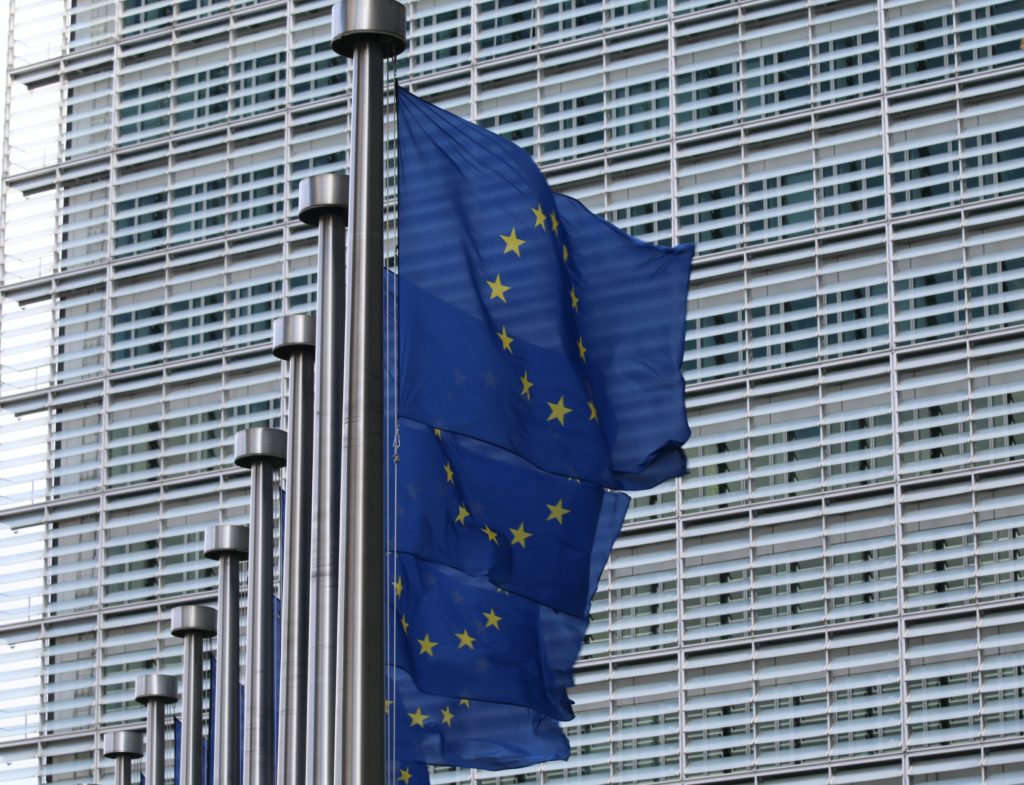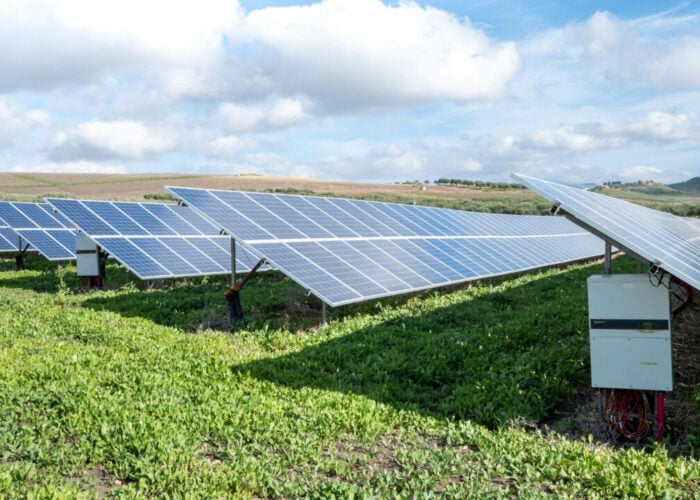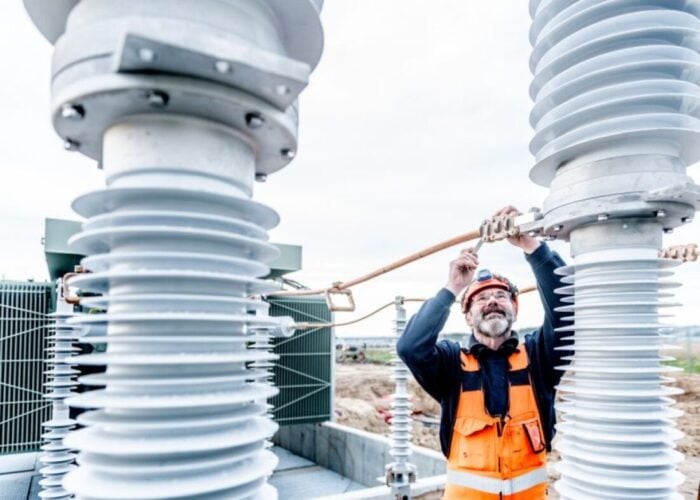
The European Commission (EC) intends to speed up the permitting process for renewable energy projects to a maximum of one year, Reuters reported yesterday, referencing a leaked draft document it had seen.
The news service said the draft legislation showed the block was considering new rules that would require member states to demarcate “go-to areas” of land or sea for renewable deployment, seeing the roll out of renewable energy as being in the “overriding public interest”.
Unlock unlimited access for 12 whole months of distinctive global analysis
Photovoltaics International is now included.
- Regular insight and analysis of the industry’s biggest developments
- In-depth interviews with the industry’s leading figures
- Unlimited digital access to the PV Tech Power journal catalogue
- Unlimited digital access to the Photovoltaics International journal catalogue
- Access to more than 1,000 technical papers
- Discounts on Solar Media’s portfolio of events, in-person and virtual
The European Union (EU) had previously stated its intention to simplify the permitting process as part of a new renewables strategy following Russia’s invasion of Ukraine, with a host of trade bodies and companies calling for reform to the system in order to unlock renewable deployment.
Reuters quoted the leaked document as saying, “the permit-granting process for new projects located in renewables go-to areas shall not exceed one year”, with the possibility to extend this by three months in “extraordinary circumstances”.
Currently, the EU has a two-year permitting target, which can also be extended by an extra year. This timeframe will still apply to all projects outside the mooted “go-to areas”, the draft document said.
The “go-to areas” would be potential project sites with a low environmental impact, away from existing protected sites or animal migration routes and would prioritise areas like rooftops, roads, railways, industrial sites and public land around them.
Citizens would still have the right to object and participate in the decision making process but projects in the areas would no longer be subject to environmental impact assessments (EIA) unless they pose a significant environmental risk, although the wider “go-to area” would still require an overarching EIA.
“Renewable energy sources are crucial to fight climate change, reduce energy prices, decrease the Union’s dependence on fossil fuels and ensure the Union’s security of supply,” the document said.
Reform to the permitting system was a key part of a list of eight actions from SolarPower Europe aimed at helping Europe accelerate solar deployment to reach a total capacity of 1TW by 2030 and reduce its reliance on Russian fossil fuel imports.
At the end of March, at an event hosted by PV Tech publisher Solar Media, solar players called for efforts to accelerate renewables deployment, with one saying the war in Ukraine means Europe’s Fit for 55 energy policy could be “thrown in the bin” and calling for a radical reform of the entire system.
Meanwhile, the European Union should set higher solar PV deployment targets and speed up the energy transition to phase out its energy dependency on Russia as soon as possible, according to five member states of the bloc.







